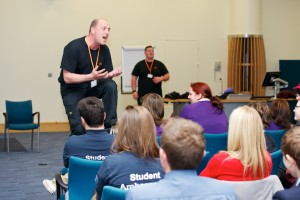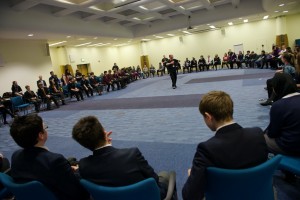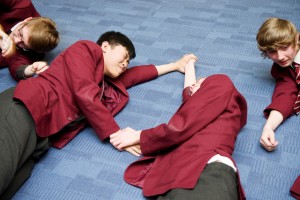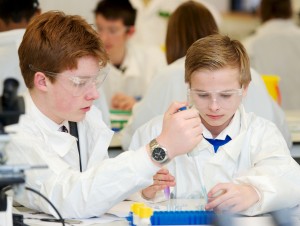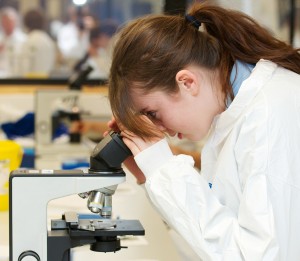Our eyes are crucial to help us make sense of the world around us. We use them to visualise our surroundings, to guide our movements, and in our social interactions with other people.
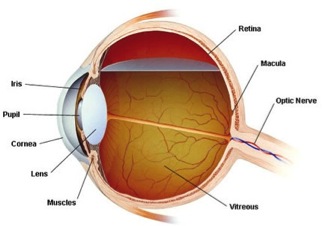
A schematic diagram of the eye showing the retina and macula. (Source: www.Stevenharris-opticians.com)
As we get older, there are natural changes that occur within our eyes which can have drastic effects on the quality of our vision and therefore our ability to perform everyday tasks. Most of these changes do not occur suddenly; they progress very gradually so may not be noticeable for many years.
Here are some examples of common changes that cause visual deficits in older people:
People >40 years old
Have you ever wondered why many adults require varifocal glasses as they get older?
The reason is scientifically defined as Presbyopia. This isn’t technically a disease but it is by far the most common effect of age on vision.
Sufferers have difficulty focussing on nearby objects. It happens because the lens of the eye becomes inflexible with age and loses the ability to focus light onto the retina is reduced. To correct this, many older people use special reading glasses or varifocals when they need to look at things close to them. A recent study suggested that more than 1 billion people across the world are currently affected by presbyopia.
People >50 years old
Loss of vision sometimes can not be rectified by wearing glasses!
An example is Macular degeneration that causes loss of ‘central vision.’ This is when things that are directly in front of the eyes look very blurred. This is because the centre of the retina (the macula), deteriorates gradually over time. Patients with macular degeneration have normal peripheral vision and have to learn to use this remaining sight to manage their everyday tasks.
People >60 years old
As we get older we can potentially encounter other visual deficits. Two examples are:
1) Cataracts – this is a progressive clouding of the lens in the eye which stops light getting through. Treatment in developed countries like the UK involves surgical removal of the damaged lens and replacement with a plastic one. Whilst this is very successful, in the developing world for many people cataracts will lead to blindness. Age-related cataracts cause 51% of world blindness amounting to an estimated 20 million people.
2) Glaucoma – This is a general term relating to a group of eye diseases that affect the pressure inside the eye. Increasing pressure leads to damage of the nerve which transmits information about what you see from the eye to the brain. Patients experience ‘tunnel vision’ initially as their peripheral vision is lost first, but glaucoma can eventually lead to blindness.
There are very few cures for any of these diseases and symptoms gradually get worse with age. Early detection and treatment is important to preserve as much vision as possible.
Discussion Points: How much consideration do we place on the health of our eyes? What do you think it was like 100 years ago? Do we take the technology to correct our eyesight for granted?


